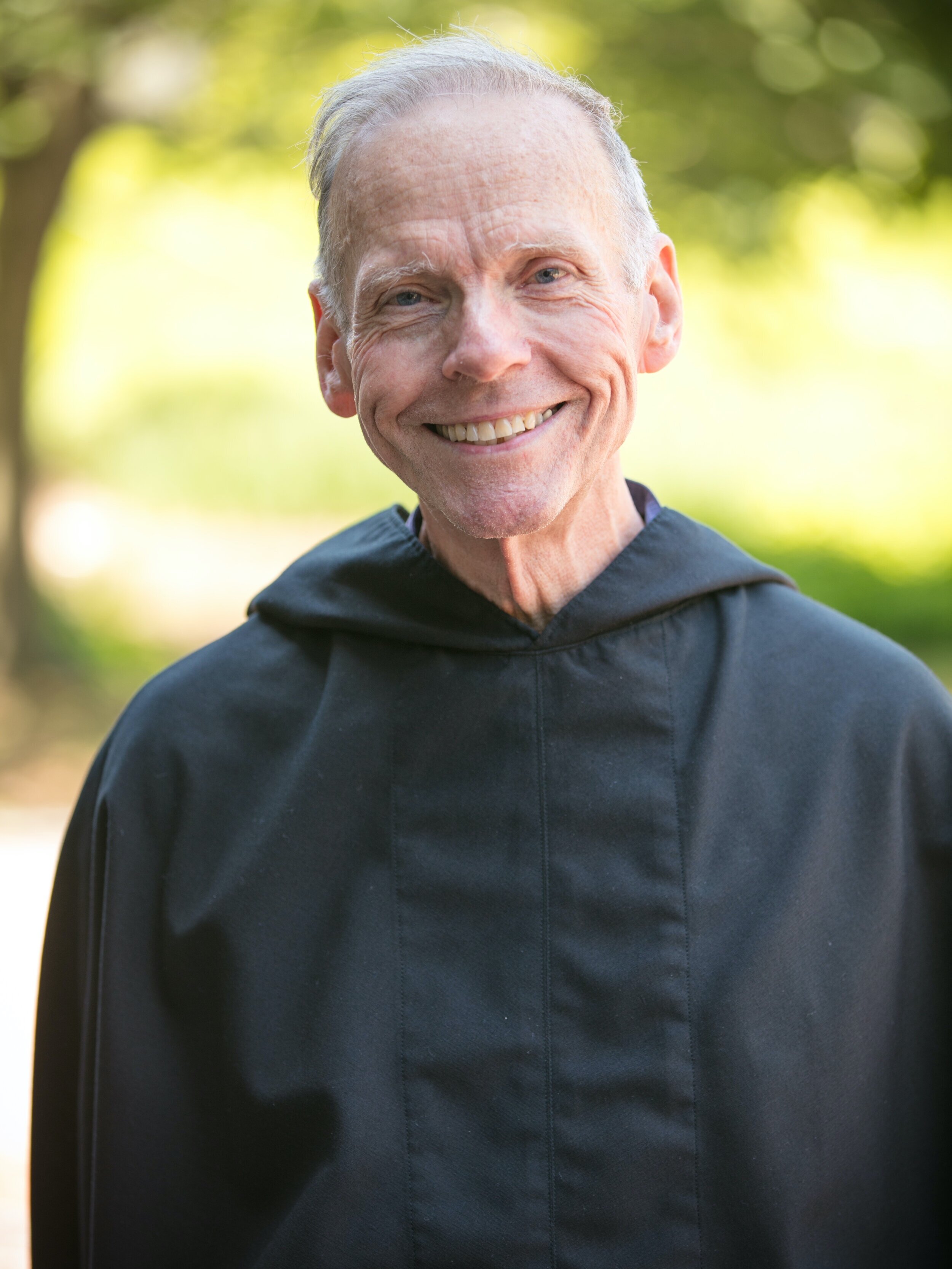Fr. Denis Wilde, O.S.A. has penned an article on the husband of Mary and Patron of the Universal Church in this 150th anniversary of the papal proclamation designating him as such.
From CatholicExchange.com (catholicexchange.com/all-of-us-should-go-to-st-joseph):
All of Us Should Go to St. Joseph by Fr. Denis Wilde, O.S.A.
“Ite ad Joseph” (“Go to Joseph”) is one of the ancient cries of the Catholic Church. This year in particular, celebrating the 150th anniversary of Blessed Pius IX acclaiming Saint Joseph as the universal Protector of the Church, Pope Francis has invited us to do just that in the Year of Saint Joseph, encouraging both prayer and intercession, petitions, inspiration, and even Consecration.
The Feast of St. Joseph, March 19, is upon us.
Were it not for the Gospels of Matthew and Luke, we would just have a passing reference to his name in Mark and John. The precious accounts of Christmas are Matthew’s and Luke’s alone. And of these, Matthew pivots on St. Joseph more than does Luke, both reverencing the Divine intervention first in Mary. In all, Joseph is silent. Not a word in scripture do we have from him. Yet the Church has echoed down through the ages “Go to Joseph!” And he is considered the greatest of the Saints after Mary.
Silent but ever responsive, he is obedient to the dream of God’s inspiration. His first dream allowed him to understand from God’s messenger his betrothed and beloved Mary’s pregnancy after her three month Visitation to her elder relative Elizabeth, who was carrying John the Baptist. Could Joseph have accompanied her there and then returned? And if so had he heard the mysterious words from Elizabeth addressing Mary as “Mother of the Lord”? What would he make of that?
Some translations from Matthew’s Gospel have Joseph deciding to “divorce” Mary according to his legal rights. For violating the betrothal, under Jewish law Joseph also could have had her stoned to death. But there was no violation, and once Joseph received the angel’s confirmation “that through the Holy Spirit this child was conceived in her” (Mt 1:20), he was to “take her into his home” as he originally intended, his misgivings replaced with wonder and reverence. Instead of entitled legal self-regard, Joseph intended to distance himself, welled by humility before the power of God uniquely enacted in Mary. He was looking for the welfare of the other and drawing on God’s plan above all personal “rights.” It was not an abandonment.
Joseph’s response to the angel’s message is immediate, trusting, magnanimous, self-sacrificing (his own fatherhood), chaste and courageous. He is pre-disposed as just, but more than that. He looks to God, then Mary and does so without fanfare.
The next journey from Nazareth is back to Judea, this time not to Elizabeth’s home, but nearby Bethlehem. That was obedience to an imperial census, displacing all to their home of ancestry. Joseph and Mary had to settle for a home for animals and a feeding trough for the Divine Birth after the arduous journey. One can only imagine Joseph’s repeated disappointment on not being able to provide, as any good husband would, a place for accommodation for a birthing mother—for this Mother and for this Child! Yet no complaint rings forth from the Gospel.
Taking refuge in the Sinai desert is no picnic but that is where the next dream from heaven’s angel ordered Joseph, as leader and provider for the Holy Family. Again, prompt obedience to God’s plan in escaping the slaughter of the innocents in Bethlehem drew this head of the Holy Family into action: Escape to Egypt! In 1871 the Church honored Joseph with the title Protector of the Universal Church, reflecting his protection of the Head of the Mystical Body, Our Infant Lord. He is also revered as ”savior of the Savior,” a powerful term applied not even to Mary.
It is vital to recognize that the Annunciation of Mary, the “saving” of the Savior (from Herod) by Joseph and the Passion and Death of Jesus 30 years hence were explicitly pivoted on all giving obedience to “let this be done” according to a higher order than man’s law, convenience or logic, but to God’s Will ultimately to save us.
The lesser known beautiful litany of Saint Joseph derives from the 16th century and personifies this Joseph who first saw the Divine Infant and surely was blessed by Him at Joseph’s death. Here are excerpts worth pondering:
Foster-father of the Son of God,
Watchful defender of Christ,
Head of the Holy Family,
Joseph most just,
Joseph most chaste,
Joseph most prudent,
Joseph most valiant,
Joseph most obedient,
Joseph most faithful,
Mirror of patience,
Model of workmen,
Example to parents,
Patron of the dying,
Terror of demons,
Protector of the Church, pray for us.
All of us, but particularly fathers, husbands and laborers, should “go to Joseph” in prayer for manly inspiration — most just, chaste, obedient, faithful, prudent, patient, listener, silent, God-fearing, provider and protector of both born and unborn!
Indeed, “Ite ad Joseph.” Saint Joseph, protect us!


